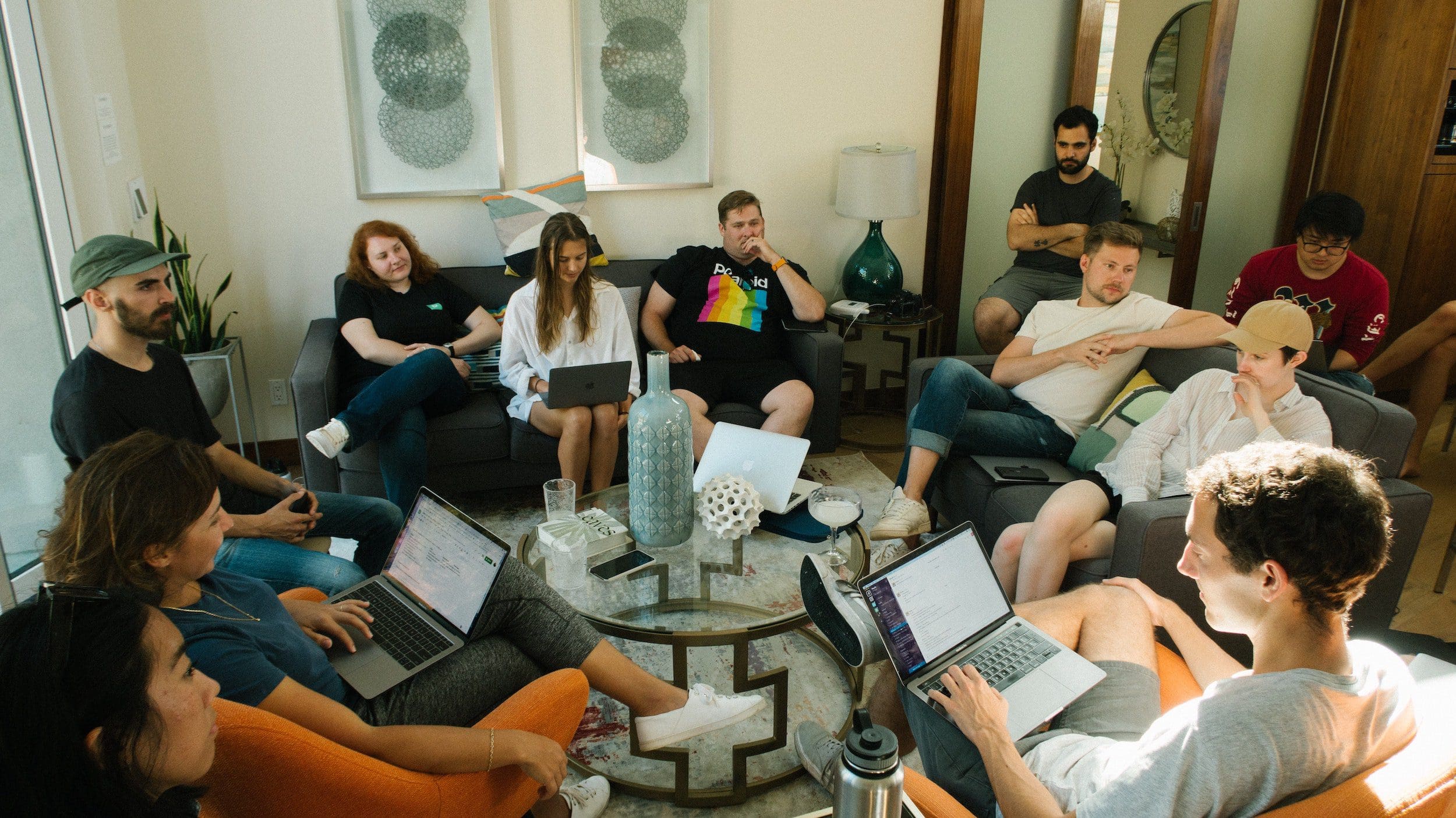Post photo: Citizen | © Athena at Pexels
At the end of his book Walden puts 1854 Henry David Thoreau the question, "is a democracy such as we know it, the last improvement possible in government?"
Unfortunately, this question, especially in those parts of the world where the snot is often running up the cheeks of the citizens, is more and more often answered with no and immediately completely antiquated forms of government are brought into play again. Conservative politicians, who have always pretended to at least have an ear to the people, have been claiming for some time that they are in fact emperor's grandchildren and then immediately von Charlemagne be or they hang oversized pictures of queens in the office.
More and more German citizens are finding, and now again quite publicly, that the former dictatorships, whether Nazi Germany or even the GDR, were actually not that bad. Without question, our current democracy has a problem.
Even if I don't know myself what kind of government models will be on the market in a few thousand years, I remain firmly convinced that popular rule will still be among the most successful models at least then. And there is no question that democracy in all its manifestations - socialist or controlled models aside, as they only disguise themselves as democracy - is currently state of the art all over the world!
But as we can see, all democracies, whether in Switzerland, the USA, the United Kingdom, France, Italy, Japan or ours, have their own problems to contend with. One of these problems is that more and more citizens are assuming that democracy is not rule by the people. Another, that some citizens don't even want to rule themselves, but are eagerly waiting for someone to blow the march for them. A third, namely many citizens are slowly but surely realizing that (good) rule also has something to do with work. Whereby they then come to the conclusion that democracy is not so important to them to deal with it in the form of their own work - at least as long as the said snot runs up their cheeks. The last problem is probably so old that it was already discussed in the Bible.
And so it is not surprising that representative democracy models were developed and chosen as the form of government very early on, just like our own democracy.
For decades, I myself was an advocate of representative democracy, because of all forms of democracy, this was the best way to cover the size and complexity of our state and also gets the third problem mentioned quite well under control.
In the meantime, however, I have to say that our representative democracy is no longer viewed so positively in the eyes of many citizens, probably because they are increasingly doubting whether they themselves are still represented by their representatives.
It is becoming increasingly clear to me that the human hubris that affects most of us is the greatest enemy of representative democracy. And so one thing has actually changed in Germany in the last two hundred years, namely that the dozens of German princes have now become thousands of little German princes who, like their predecessors, cling to their thrones and are content with themselves.
This huge problem could only be solved with a general term limit, but this would require a revolution in Germany that would completely overshadow that of 1848 - which is completely unthinkable in Germany.
And even if there were a term limit, it would probably no longer do justice to today's time, because the world is moving faster than we would all like to admit.
That is why I come to the conclusion that we should abandon the representative model of democracy altogether and switch to direct democracy.
We Germans elect our chancellors and prime ministers every four years. And since German ministers are no longer good civil servants, so are they. The respective head of government then puts together his own government.
Parliaments are abolished, with what are then former scientific services being expanded into “decision-making agencies” in their place. These are all made up of civil servants who have at least an IQ of 130 and a university degree and must pass an appropriate entrance examination; the results will be published.
We Germans are taking over the entire legislature, with the governments continuing to retain the legislative initiative, but that of us citizens being further strengthened. All bills are prepared or edited by the respective decision-making authority and presented to the sovereign - i.e. us - for a decision in a completely neutral manner. This neutrality is raised to a "reason of state" and an official who does not comply with it is immediately dismissed.
All legislative initiatives and draft decisions are published and, in principle, released for general discussion for at least four weeks before the respective German citizens decide on them by majority.
Nowadays, when we have the Internet and even the first AI tools, it is no longer a social or technological problem for a German citizen to read the bills, find out more if necessary and then later decide for themselves can — not have to.
A future four-day week invites citizens to spend a whole day dealing with politics and ultimately become zoon politikon.
"If we were left solely to the wordy wit of legislators in Congress for our guidance, uncorrected by the seasonal experience and the effectual complaints of the people, America would not longer retain her rank among the nations."
Henry David Thoreau, Walden (2020 [1854]: 336)








The "zoon politikon" is merely an outdated euphemism for "social and political being".
The term refers to the understanding of politics in ancient Greece (Polis), when only men were involved in politics. Women were forbidden from having a say, as were unfree citizens and slaves.
In the pure form of understanding the term, a social step backwards would be to be expected and it is doubtful whether this step backwards would be desirable.
Democracy really has many weaknesses and it would make sense to have term limits that compensate for some of the human weaknesses.
But this always requires a certain form of foresight, which is not given to everyone and not everyone can or is able to achieve.
Possibly the Formwelt/ Fr. Peyn can present a meaningful framework here, which would be good for democracy as a whole.
Getting the formalism into a (generally understandable) bill and passing it at the same time is a different undertaking.
https://de.wikipedia.org/wiki/Zoon_politikon
[This post was approved by me, although I cannot assign it to anyone. But even if it was written by a chatbot, I still think it's worth reading.]